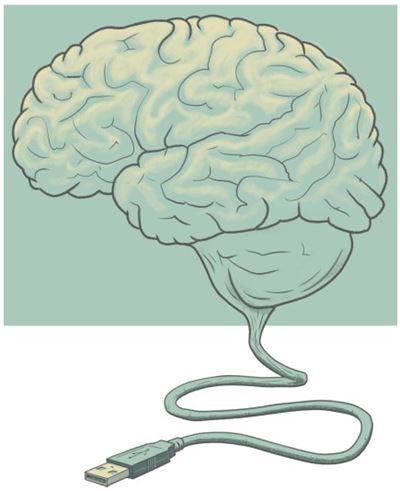In the future we will face a range of legal and ethical dilemmas in the search for a balance between considerable social advances in the name of AI and fundamental privacy rights. The Norwegian Data Protection Authority (DPA) believes it to be imperative that we further our knowledge about the privacy implications of artificial intelligence and discuss them, not only in order to safeguard the right to privacy of the individual, but also to meet the requirements of society at large.
Major challenges to our freedom of speech and trust
If people cannot trust that information about them is being handled properly, it may limit their willingness to share information – for example with their doctor, or on social media. If we find ourselves in a situation in which sections of the population refuse to share information because they feel that their personal integrity is being violated, we will be faced with major challenges to our freedom of speech and to people’s trust in the authorities.
A refusal to share personal information will also represent a considerable challenge with regard to the commercial use of such data in sectors such as the media, retail trade and finance services.
About the report
This report elaborates on the legal opinions and the technologies described in the 2014 report «Big Data – privacy principles under pressure». In this report we will provide greater technical detail in describing artificial intelligence (AI), while also taking a closer look at four relevant AI challenges associated with the data protection principles embodied in the GDPR:
- Fairness and discrimination
- Purpose limitation
- Data minimisation
- Transparency and the right to information
This represents a selection of data protection concerns that in our opinion are most relevance for the use of AI today.
The target group for this report consists of people who work with, or who for other reasons are interested in, artificial intelligence. We hope that engineers, social scientists, lawyers and other specialists will find this report useful.
Download
"Artificial intelligence and privacy" (pdf)
